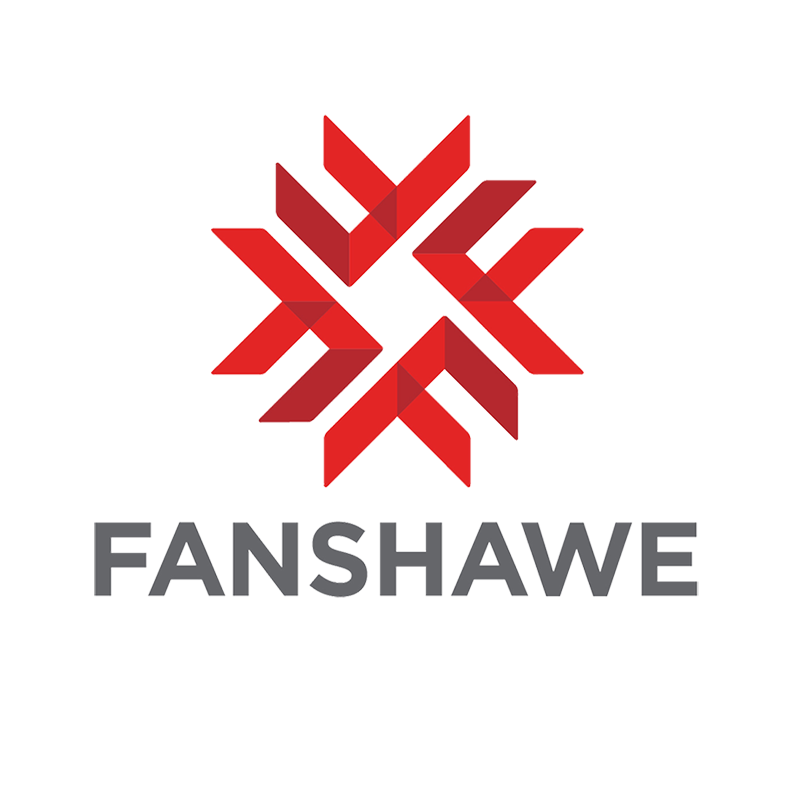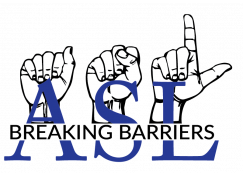By teaching you the intricacies of ASL, our Centre will also expose you to the Deaf culture and history

American Sign Language or ASL is the official language of Deaf people in North America. It is primarily used by the Deaf individuals to communicate with each other, as well as with the larger hearing world. Interpreters for the Deaf and hearing professionals often use ASL to communicate with their Deaf and hard-of-hearing clients.
By teaching you the intricacies of ASL, our Centre will also expose you to the Deaf culture and history. You will be able to access a different world through discourse, debate and conversation as simply as you would in your native tongue
The Lethbridge-Layton-Mackay Rehabilitation Centre is proud to offer courses in American Sign Language to anyone who wishes to acquire a new and unique skill in sign language.
American Sign Language or ASL is the official language of Deaf people in North America. It is primarily used by the Deaf individuals to communicate with each other, as well as with the larger hearing world. Interpreters for the Deaf and hearing professionals often use ASL to communicate with their Deaf and hard-of-hearing clients.
It is commonly believed that ASL is a word-by-word imitation of English, but this sign language uses a different grammatical structure altogether, and as any hearing language, it has the history and culture of North America Deaf communities embedded within it.
Not having a vocal component does not make ASL any easier to learn. Unknown to most people, sign language requires facial expressions to convey context and spatial dimension to clearly express oneself. Whether it be poetry, lyrics, philosophy or politics, ASL can easily be used to instruct, inform or illustrate an abstract concept just as simply as any spoken language.
The advantages in learning ASL can be applied both to your personal and professional goals. This language is key to interacting with a Deaf or hard-of-hearing family member or friend, whether it be a newborn or an older relative, a neighbour or a close friend.
It is also just as valuable in your workplace, especially if it serves a Deaf or hard- of-hearing clientele, or if you work closely with other Deaf employees. Employers are always looking to hire personnel with various skills and attributes. By learning how to sign you can easily bridge the gap to an untapped market of Deaf and hard- of-hearing-individuals, or brainstorm with a Deaf or hard-of-hearing fellow co-worker.
By registering into several advanced courses in ASL at the Lethbridge-Layton-Mackay Rehabilitation Centre, you may also want to pursue a career in visual interpreting for the Deaf and hard-of-hearing. In fact, the courses offered at our Centre are an excellent first step in obtaining your interpreting certificate later either at the provincial or federal level.
The Lethbridge-Layton-Mackay Rehabilitation Center offers courses in ASL beginning from the 100-level up to the advanced 300-level. A student who completes the courses within the entire ASL program will possess the ease of communicating with the Deaf, hard- of-hearing or any other ASL students. He/she will also have all the tools necessary to begin a venture into the professional ASL/English interpreting vocation if so desired.
By teaching you the intricacies of ASL, our Centre will also expose you to the Deaf culture and history. You will be able to access a different world through discourse, debate and conversation as simply as you would in your native tongue.
All courses last 10 weeks, at a frequency of one three-hour class per week. The courses are normally held in the evening.

Students learn to handle basic every day communication.

This introductory course in American Sign Language (ASL) teaches students to manage everyday communication in ASL and integrate deaf culture and deaf community content.

Learn new vocabulary with an emphasis placed on increasing Sign Language fluency in both the receptive and expressive modes of communication.

In our ASL classes, workshops ,and 1 on 1 sessions we use the Signing Naturally curriculum that was originally developed at a California College.

American Sign Language is designed to introduce a visual-gestural language used by the Deaf Community in Canada and the United States.
© 2025 coursetakers.com All Rights Reserved. Terms and Conditions of use | Privacy Policy